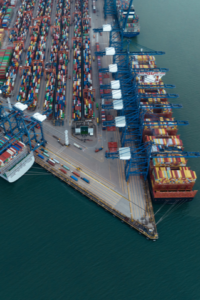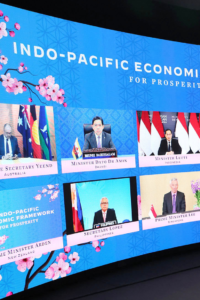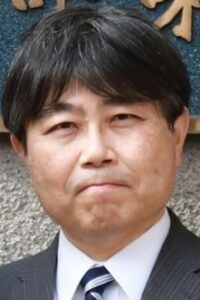
Watanabe Mariko, Professor, Gakushuin University Key points Deng Xiaoping achieved rapid growth by destroying vested interests The current administration prioritizes national security at the expense of openness to the outside The strategy increases burden against their own costs The National Congress of the Chinese Communist Party is held in China this autumn. The future course of the Chinese economy will depend on the choices made by China’s political and economic systems. This article provides a bird’s-eye view while referencing the discussion about the relationships between economic growth, institutions, and technology choices in a political economy. ◇ ◇ China is the world’s second largest economic power, but GDP per capita has still not reached the levels of developed countries. According to economic growth theory, if a country has the same institutional environment [as developed countries], the lower the income level of the ... ... [Read more]








